Foot On The Gas: 12 Key Google Acquisitions
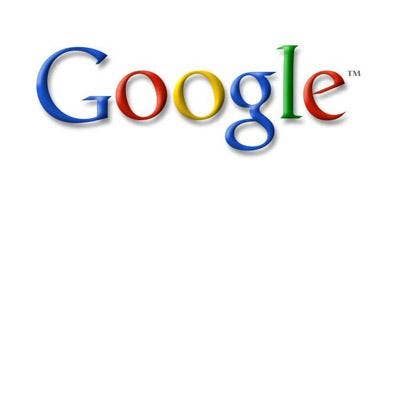
Google CEO Eric Schmidt said in a Wednesday interview with Reuters Television that "acquisitions are turned on again at Google" and that Google would seek to acquire at least one small company a month going forward.
"My estimate would be one-a-month acquisitions and these are largely in lieu of hiring," Schmidt said.
After years of steady acquisitions of small, largely privately held companies, Google's pace slowed considerably in 2009. But apparently, the heat's back on. From YouTube to the recently acquired On2 Technologies and reCAPTCHA, here are 12 notable Google acquisitions -- out of 55 Google's made since early 2001 -- and how they've helped the Web search giant.
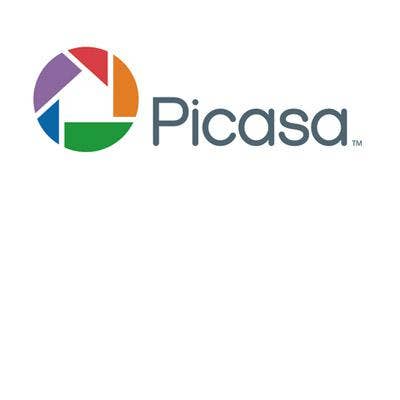
Picasa is a software application that organizes and enables editing of digital photos. Originally created by Idealab, the service has since become a popular photo-sharing service alongside similar services like HP-owned Snapfish, Yahoo-owned Flickr, and Fox Interactive-owned Photobucket.

dMarc was a radio advertising company Google picked up in early 2006, saying at the time it would create a new radio ad distribution channel using dMarc technology in conjunction with Google AdWords. Google said earlier in 2009, however, that it would divest from radio advertising altogether.
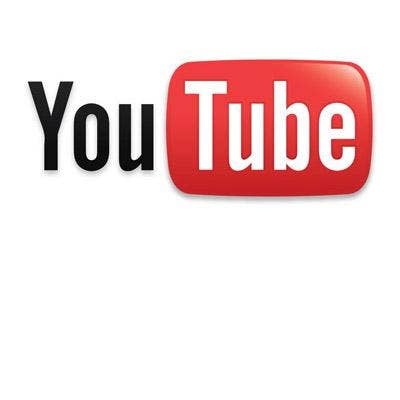
Perhaps the Web's most well-known video-sharing site, YouTube was created in February 2005 by former PayPal employees. Google paid a pretty penny for the site more than a year-and-a-half later.

Switzerland-based Endoxon has been in the business of geo-mapping software since 1988. Google acquired it in December 2006 to expand the breadth of its Google Maps service to include European countries. Google Maps also benefited from previous acquisitions of Keyhole (Oct. 2004), Where2 (Oct. 2004) and ZipDash (Sept. 2004).

Google picked up Adscape to add in-game advertising capabilities. Adscape was founded in 2002 by a former Nortel engineer and its service included dynamic advertising for video games. Said Google in a press release at the time: "As more and more people spend time playing video games, we think we can create opportunities for advertisers to reach their target audiences while maintaining a high-quality, engaging user experience."

FeedBurner gave Google's Google Reader service a boost thanks to its custom RSS feed and other Web feed management tools. Google migrated FeedBurner's technology into its own suite of Web 2.0 services.

GrandCentral created a universal phone number technology designed to consolidate and provision a user's various phone communications (home, work, mobile). Google left GrandCentral's technology relatively dormant following the acquisition, but later used it as the basis for Google Voice, the Skype-competing Google service launched in March 2009. The GrandCentral technology was officially shut down in September, though users who haven't yet migrated over to Google Voice can still access GrandCentral's Web site for old messages or data.
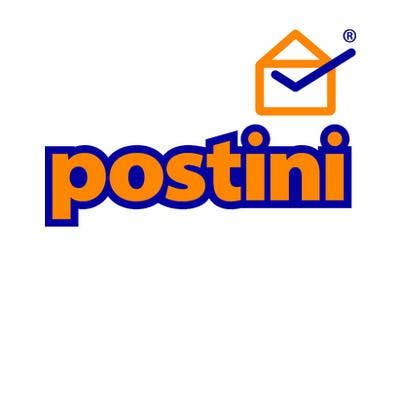
Google picked up this e-mail and Web security company to bolster its security for Gmail and other Google applications. "Separately, both companies shared a vision for what the world of hosted applications can become for businesses of all sizes. Together, we look forward to achieving it," said Dave Girouard, vice president and general manager of Google Enterprise, in a Google blog post at the time.
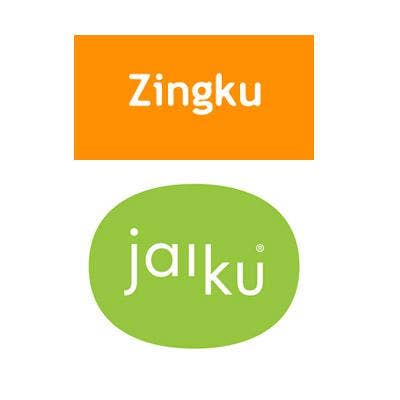
Google snapped up these two companies -- Zingku, a mobile social network service, and Jaiku, a social networking and microblogging platform similar to Twitter -- to continue to pump its Google Mobile offerings, for which it's made a number of various, mostly small, acquisitions over the years.
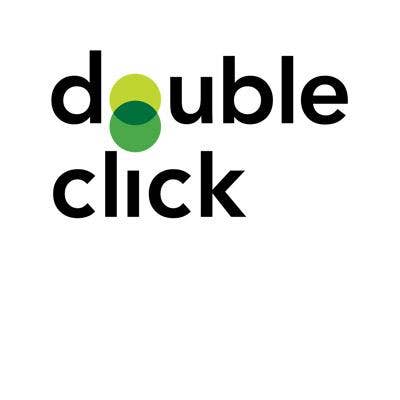
One of Google's largest (by price) acquisitions, Internet ad services dot-com DoubleClick was founded in 1996 and appeared on the NASDAQ before being acquired by private equity interests in 2005. Google first said it had come to an agreement with DoubleClick in April 2007, but was mired in an antitrust battle throughout 2007 after the U.S. Federal Trade Commission voiced concerns that the merger would give Google too much control of online marketing.
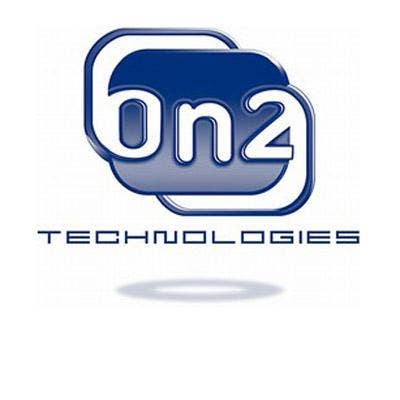
On2, a video software maker, was notable in that it's the first time Google has acquired (wholly, anyway) a public company. Formerly The Duck Corporation, On2 designs video codec technology under brands like TrueMotion S, TrueMotion 2 and VP8.
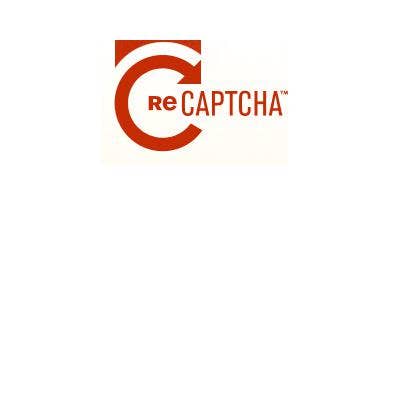
ReCAPTCHA makes CAPTCHA, the technology that produces squiggly-letter image displays to prevent Web services -- such as online ticket buying sites -- from being spammed. Google said it would use reCAPTCHA, which was originally developed at Carnegie Mellon University, to assist in its ongoing -- and hugely contentious -- Google Books digitization efforts.